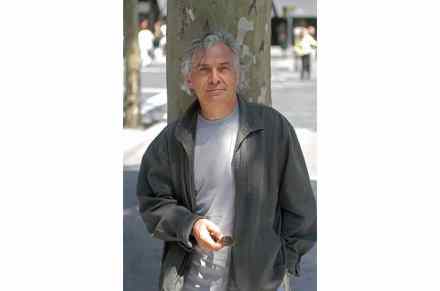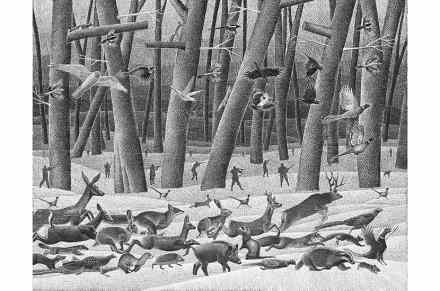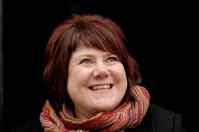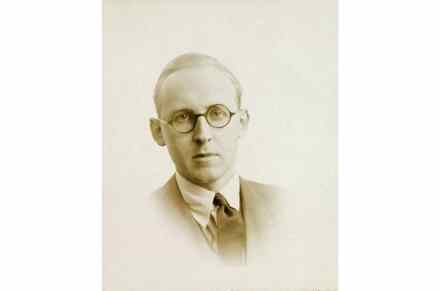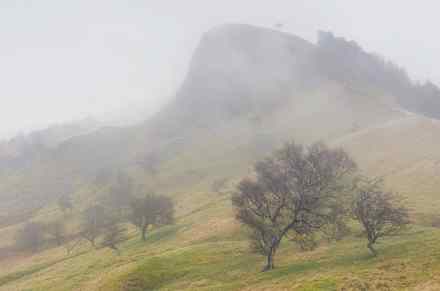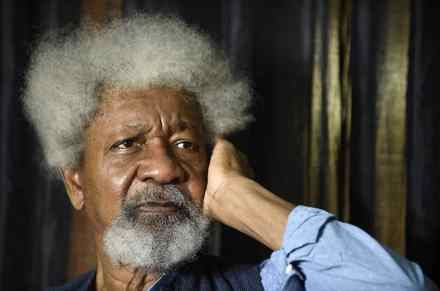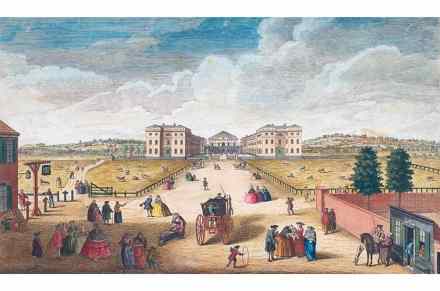Man of mystery: Not Everybody Lives the Same Way, by Jean-Paul Dubois, reviewed
For Jean-Paul Dubois, as for Emily Dickinson, ‘March is the month of expectation’. A prolific writer, he limits his literary endeavours to that one month each year. Whatever his reasoning, it has produced results. His 2004 novel A French Life won the prestigious Prix Femina and, in 2019, Not Everybody Lives the Same Way was awarded France’s top literary prize, the Prix Goncourt. The premise of the novel is simple. Paul Hansen, a middle-aged building super-intendent, is confined to a Montreal jail for a crime which is not revealed until the end. Life is reduced to its bare essentials when he is forced to ‘share a toilet seat’ with a
